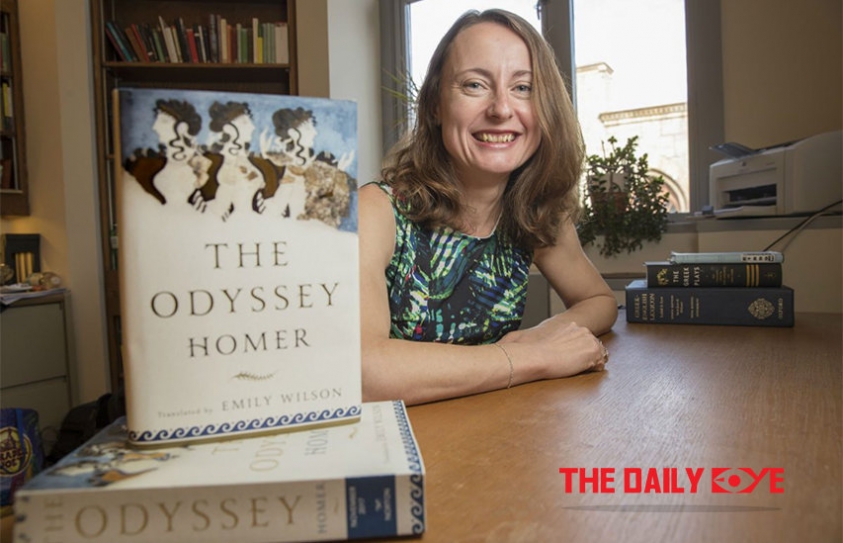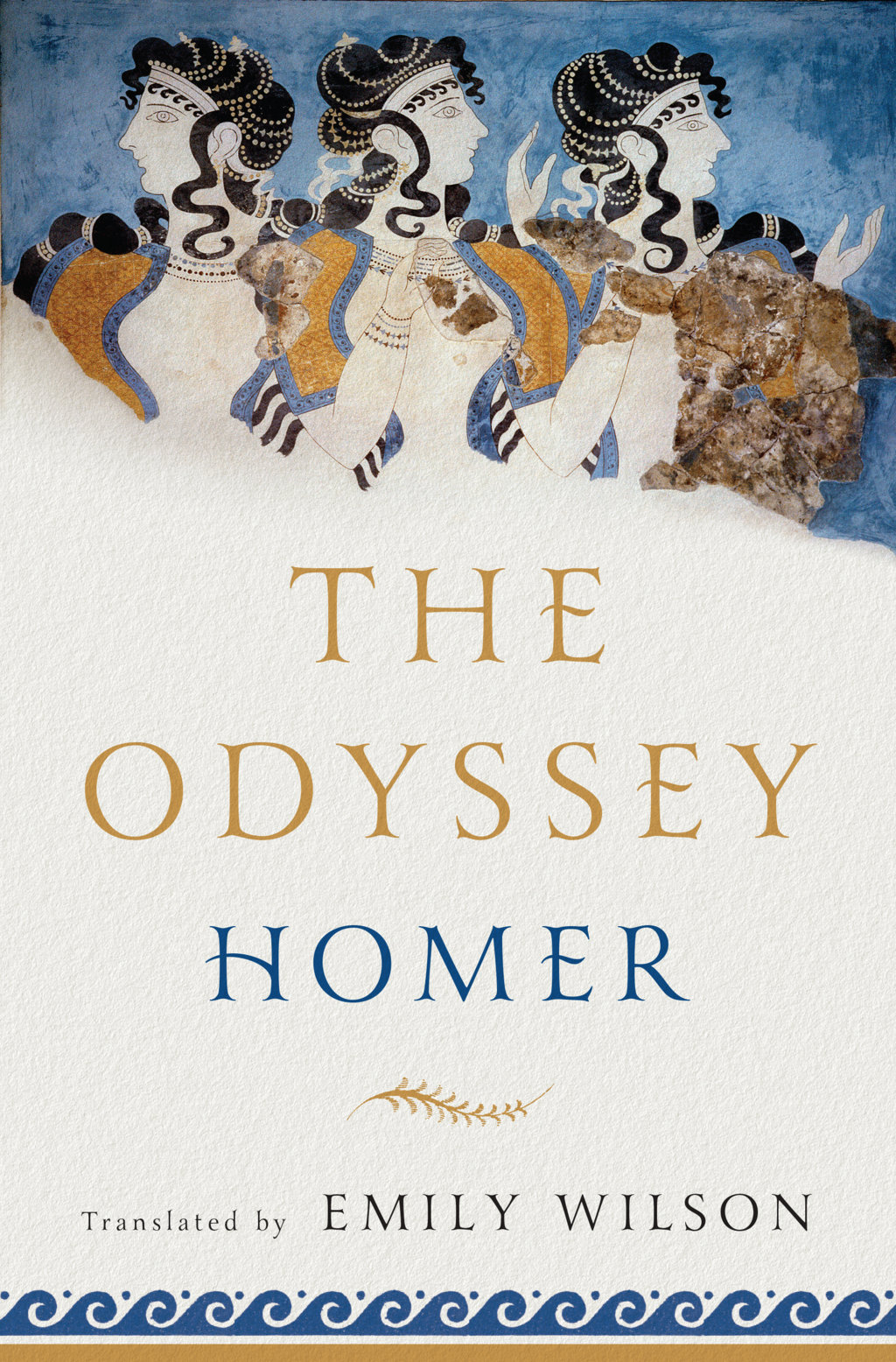
Emily Wilson the first Woman to translate Homer’s Odyssey into English
by Yash Saboo November 17 2017, 6:06 pm Estimated Reading Time: 2 mins, 55 secs“The Odyssey” is the second of the two epic poems attributed to the ancient Greek poet Homer (the first being “The Iliad”), and usually considered the second extant work of Western literature. It was probably composed near the end of the 8th Century BCE and is, in part, a sequel to “The Iliad”. It is widely recognized as one of the great stories of all time, and has been a strong influence on later European, especially Renaissance, literature.

This ancient Greek epic poem has seen dozens of translations since the first English version appeared in 1615 and centuries of stodgy, numbing translations of it has left a bad classroom memory for generations, a classic enjoyed mostly through modernized retellings of one kind or another. But Emily Wilson, the first woman to publish a translation of Homer’s Odyssey, has scholars buzzing over her solid and direct rendition, which preserves the poetry of Homer without being afraid to make radical departures from previous interpretations. While some in the classics world see translations as unserious work — stenography rather than creativity — Wilson’s out to prove them wrong.
One of the things she struggled with was with the word “polytropos", Wilson says to Wyatt Mason of The New York Times. She continued, writes Mason, sounding more exhilarated than frustrated as she began to unpack “polytropos,” the first description we get of Odysseus is of course this whole question of whether he is passive — the ‘much turning’ or ‘much turned?”
Mason interrupted Wilson to treat him as if he does not know Greek, which he didn’t. “The prefix poly,” Wilson said, laughing, “means ‘many’ or ‘multiple.’ Tropos means ‘turn.’ ‘Many’ or ‘multiple’ could suggest that he’s much turned, as if he is the one who has been put in the situation of having been to Troy, and back, and all around, gods and goddesses and monsters turning him off the straight course that, ideally, he’d like to be on. Or, it could be that he’s this untrustworthy kind of guy who is always going to get out of any situation by turning it to his advantage. It could be that he’s the turner", explains Wilson.
Mason continues, in school, Wilson was shy but accomplished. She liked French but was in terror of talking in class. “The potential shame of pronouncing a French word wrong was pretty inhibiting,” Wilson said, laughing. “It’s very easy to pronounce a French word wrong.” But with Latin, Wilson found an instant home. She loved the systematization of it, the reams of things to memorize and to get right. “You have all this information, and you can regurgitate, in the sense that you can strategize to translate an English sentence or a Latin sentence. You can do it all in writing. You don’t have to have beautiful Latin pronunciation. It took away a whole level of shame.”
Her observations turn the gaze back upon the lineage of male translators, examining how gender, as well as class and nationality, features in the way they used language. “I do think that gender matters,” she says, “and I’m not going to not say it’s something I’m grappling with".





-173X130.jpg)
-173X130.jpg)

-173X130.jpg)


-173X130.jpg)